Charles Linza McNary
(1874-1944)
Charles Linza McNary, jurist, statesman, and orchardist from Salem, was Oregon’s U.S. Senator for 27 years. Dean of the Law Department of Willamette University from 1908-1913, he was Oregon Supreme Court Justice from 1913-1915 and US Senator 1917 to 1944. As a Senator he was largely instrumental in promoting farm and reclamation legislation, and became famous as co-author of the McNary-Haugen farm bill of 1927. As Senate Minority leader 1933-1934, he played a major role in obtaining government funding for Bonneville Dam in 1933. He briefly campaigned for president in 1940, and only reluctantly accepted the vice presidential nomination with republican presidential candidate Wendell Willkie that same year. McNary developed pneumonia and died in 1944, shortly after the campaign ended.
Charles McNary, Oregon’s senator for 27 years, was a true “native son” born on a farm near Salem June 12, 1874. He attended Salem public schools, studied law, graduated from Stanford University and Willamette University college of law. He became deputy county recorder, a deputy district attorney in 1906 and in 1908 became dean of Willamette University Law School, where he served until he was appointed by Governor Oswald West to the Oregon Supreme Court in 1913. In 1914 his bid to be elected to the Supreme Court fell one vote short in statewide balloting. The loss made McNary available to be appointed to the U.S. Senate in 1917 when Sen. Harry Lane died.
McNary served in the Senate until his death in 1944. In 1940, he was drafted to run as the Republican vice presidential candidate on the Wendell Wilkie ticket, which lost to Franklin D. Roosevelt and Henry Wallace. As Minority Leader for the Republicans in the Senate during the New Deal years, he was frequently consulted by President Roosevelt and was credited with preserving the influence of his party. A progressive Republican, he supported many New Deal measures such as Social Security and TVA. He played a major role in obtaining government funding for Bonneville Dam and won a fight for federal forest programs. A well known conservationist, it was said that “McNary loved trees more than anything else”. He also maintained a successful 300 acre filbert orchard on his his ranch, “Fircone”, north of Salem.
In 1902, McNary married Jessie Breyman of Salem, the daughter of a pioneer family. She died in an automobile accident near Salem in 1918. In 1923 he married Cornelia Morton and they adopted a daughter Charlotte. During the war years he was a tireless worker, but in February, 1944 he contracted pneumonia following surgery and died in Florida. Regardless of his prolonged absences from Oregon and his renown as a national leader, he was always “Charley” in his home town, Salem.
Researched and written by Suzanee B. Morrison.
This article originally appeared on the original Salem Online History site and has not been updated since 2006.



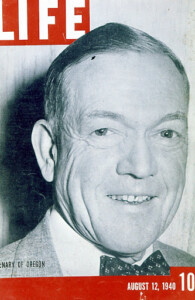
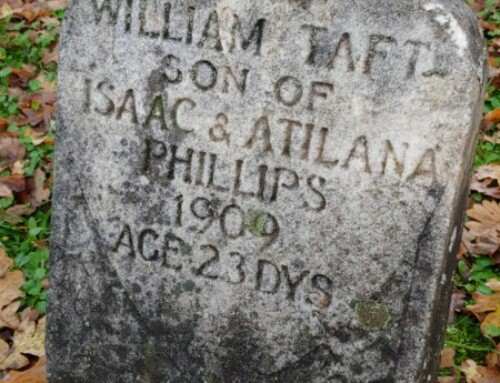
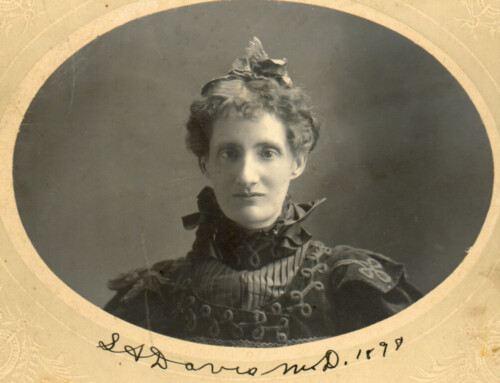
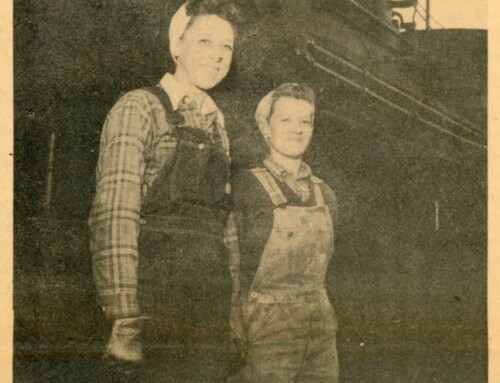
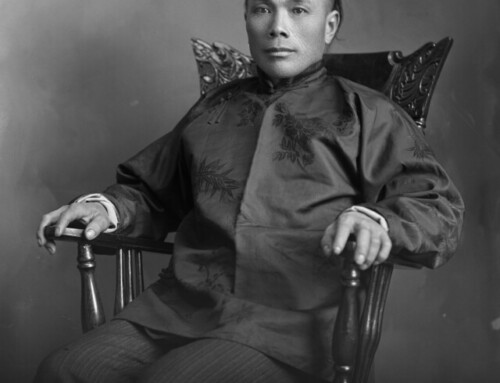
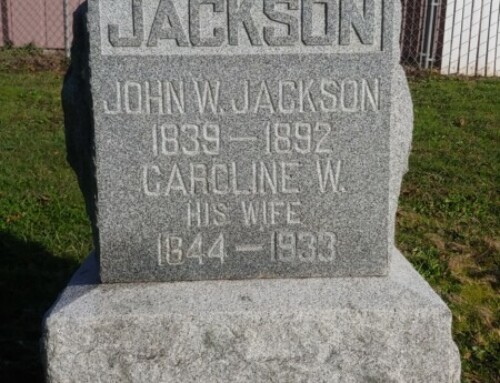
Leave A Comment